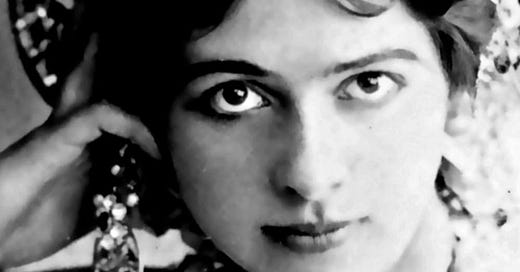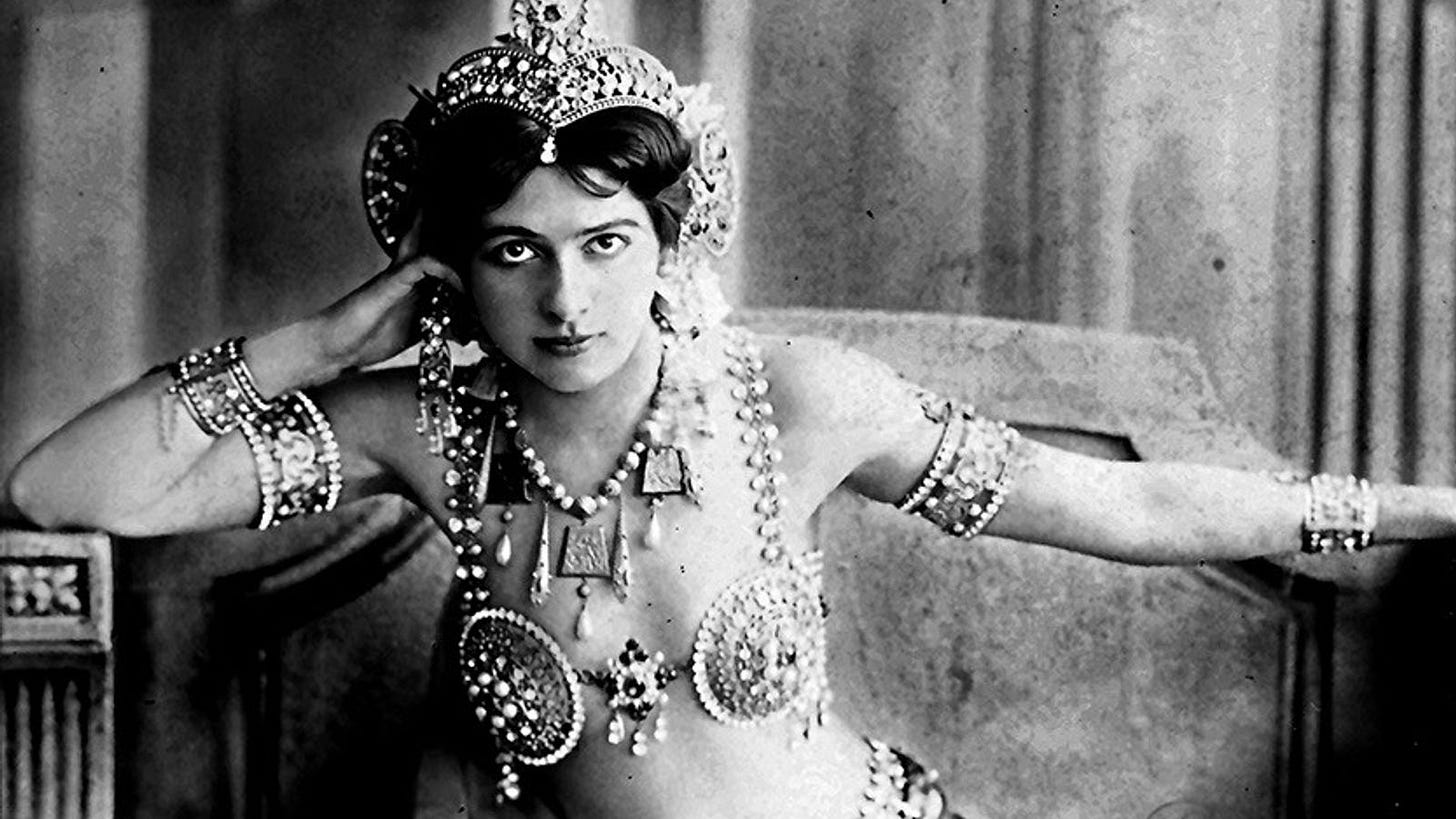“Who Killed Mata Hari?” The answer is not as obvious as you could think.
Ideally, “Who Killed Mata Hari?” is a fictional sequel to my nonfiction book, “Exterminations.” It deals with many of the same themes: how propaganda leads to hate, and hate leads to killing. The case of Mata Hari, sensual dancer, pretended priestess of an Oriental Cult, and supposed spy, is perhaps the first of a wave of madness that modern propaganda methods created and diffused all over Europe and the world during the 20th century.
The novel's thesis is that Mata Hari was the victim of an aggressive reaction that originated deep inside the human consciousness: it was a human sacrifice. It is a dark area of our brains that was explored by authors such as James George Frazer of the “Golden Bough,” (1890) René Girard’s “Des Choses Cachées Depuis la Fondation du Monde” (1878), and several others.
There was a time in which human sacrifices were performed by weirdly adorned priests killing their victims with obsidian knives at the top of pyramids. At the time of Mata Hari, her execution still had a ritual aspect, carried out by a firing squad in full dress uniform. In later times, the development of new military technologies made it possible to upgrade human sacrifices to the level of mass exterminations. World War 1 could be seen as a gigantic collective sacrifice, with Mata Hari as just one of the victims. Starting with WWII, aerial bombing was consistently utilized as a terror weapon to exterminate unarmed civilians. The widespread use of “false flag” operations can also be seen as part of this trend when a government decides to sacrifice a number of its citizens to propitiate a new war.
Mata Hari’s sacrifice was one among many, but it had an unexpected resonance, so much that it is still being discussed and represented nowadays. It is because sacrifices are more valuable and appreciated by the dark Gods who require them the more valuable the victim is. Not by chance, the typical victim of sacrifice is a King, as Frazer describes. But an even more valuable victim is a woman of high social status, a Queen — especially a young queen in her prime. It was the case of Iphigenia in the Iliad, the daughter of King Agamemnon. It was the case of the Sumerian Queen Puabi, whose body was discovered by the archaeologist Leonard Wooley in the ruins of the ancient city of Ur. And it was the case of Mata Hari in 1917. At that time, she was no longer a young woman, but she was still what we would call today a “sex symbol,” and much of the violence against her was generated by hate for a woman who saw herself as free to live her life as she pleased. She was a “Queen,” an especially valuable victim, and she was ritually killed in a propitiatory sacrifice in a moment when France was at risk of losing the war. Weirdly, if that was the case, the sacrifice worked beautifully since, one year later, France emerged as the winner in the struggle.
So, this is the story I tell in the novel. The plot occurs some ten years after Mata Hari’s execution, during the “crazy years” in France. Then, an American would-be writer becomes obsessed with the story and with the rumors that Mata Hari may still be alive. So, he engages in an apparently impossible search: could it be that Mata Hari is not dead and still dancing in Paris? It is mostly a search for oneself, an exploration of the human dark side of homicide and violence. The title “Who Killed Mata Hari?” derives from John Donne’s sentence, “For Whom the Bell Tolls.” The answer is the same. Just as the bell tolls for you, you killed Mata Hari.
I had this novel half-written for several years. Eventually, I decided it was time to finish it and publish it. Writing a novel is a lot of work but also great satisfaction, so I did it this year as a Christmas gift to myself. Maybe you could enjoy it too. It is available in English as a paperback and ebook. The Italian version is available as an ebook — the paperback version will appear soon.







merry christmas to you and your family ugo
"sacrifice a number of its citizens to propitiate a new war"
At first glance I thought of 'precipitate', as in the initiation the unstoppable cascade or avalanche, and then I realised you are correctly appropriate.
'Initiate'... 'to be initiated'... there is another word with resonance in the human psyche and our cultures that quite literally we hand on!